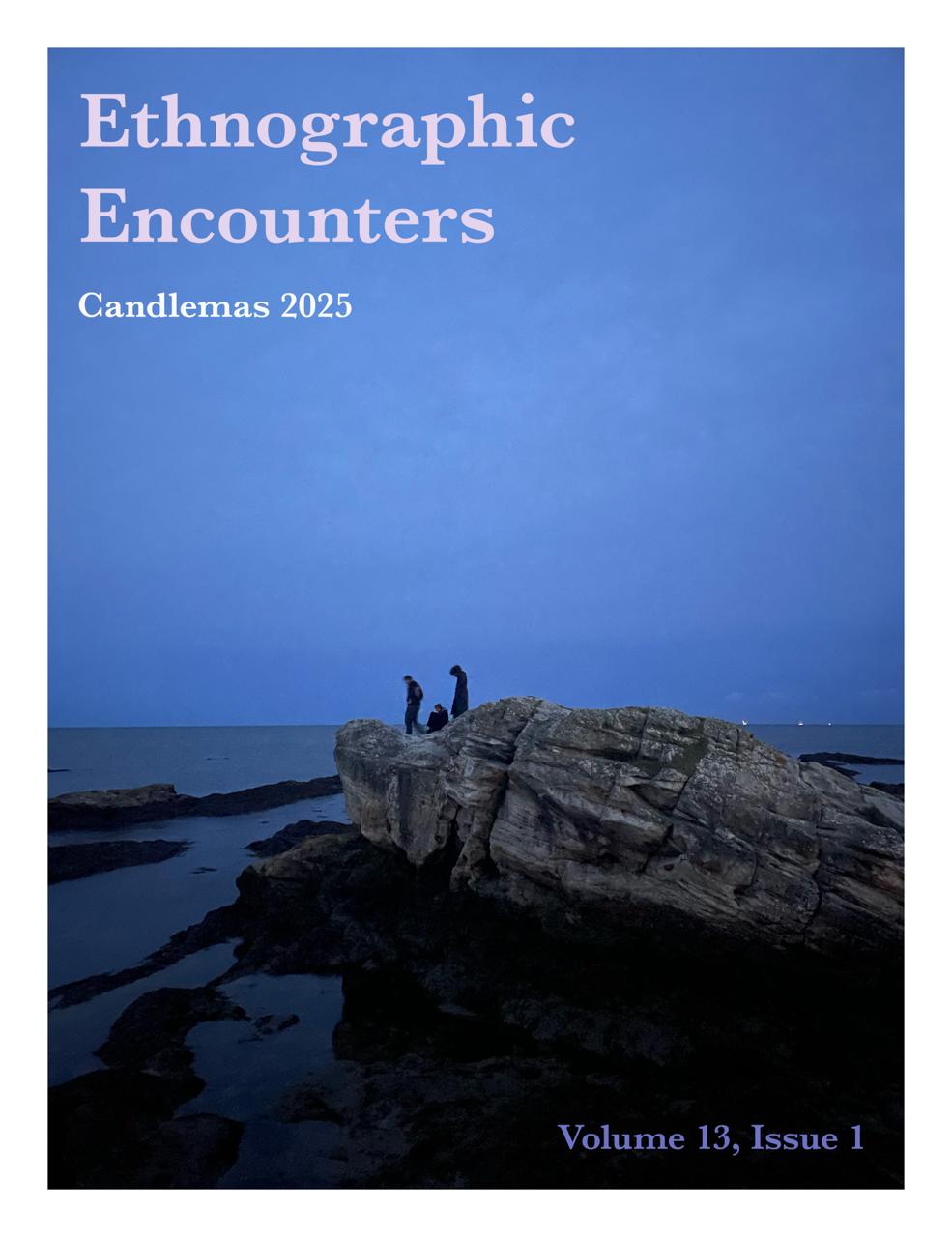Wild Waters Community and Nature in the Depths of Cold-water Swimming
Main Article Content
Abstract
This ethnographic study examines the practice of cold-water wild swimming among university students in St. Andrews, Scotland, to explore the activity’s social, affective, and ecological dimensions. Drawing on participant observation and semi-structured interviews, my research looks at how swimmers construct meaning around their experiences beyond commonly cited health benefits. Through employing theoretical frameworks including embodied mutuality, indigenous epistemologies, and critiques of the nature–culture binary, the study highlights how cold-water immersion fosters community, environmental consciousness, and reorients participants' perceptions of self and nature. My findings suggest that the shared physical and emotional intensity of wild swimming generates social bonds and a sense of spiritual renewal, while also challenging dominant Western paradigms that separate humans from the natural world. The research also highlights how wild swimming acts as a site of ecological attunement and grassroots environmental activism. Overall, this study contributes to anthropological understandings of embodiment, relationality, and human-environment interdependence in contemporary leisure practices.
Article Details

This work is licensed under a Creative Commons Attribution 4.0 International License.

